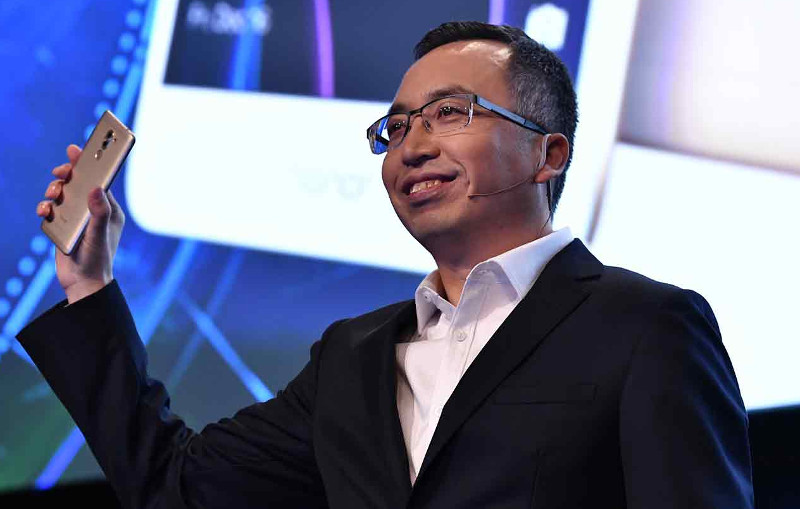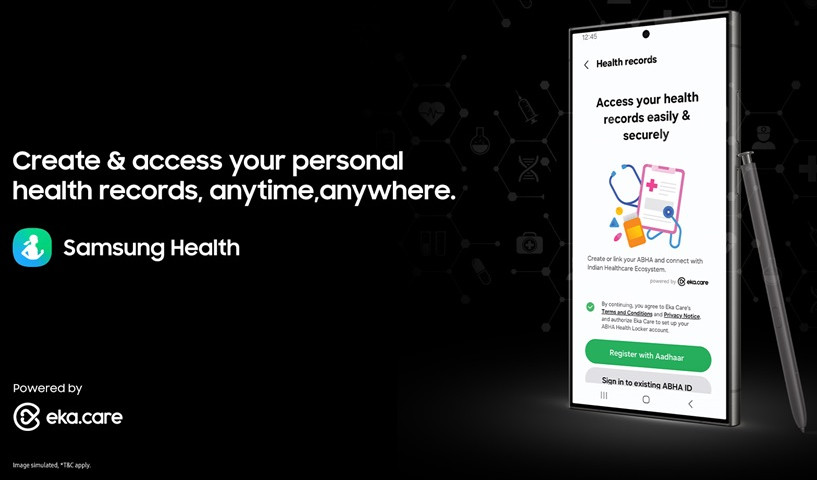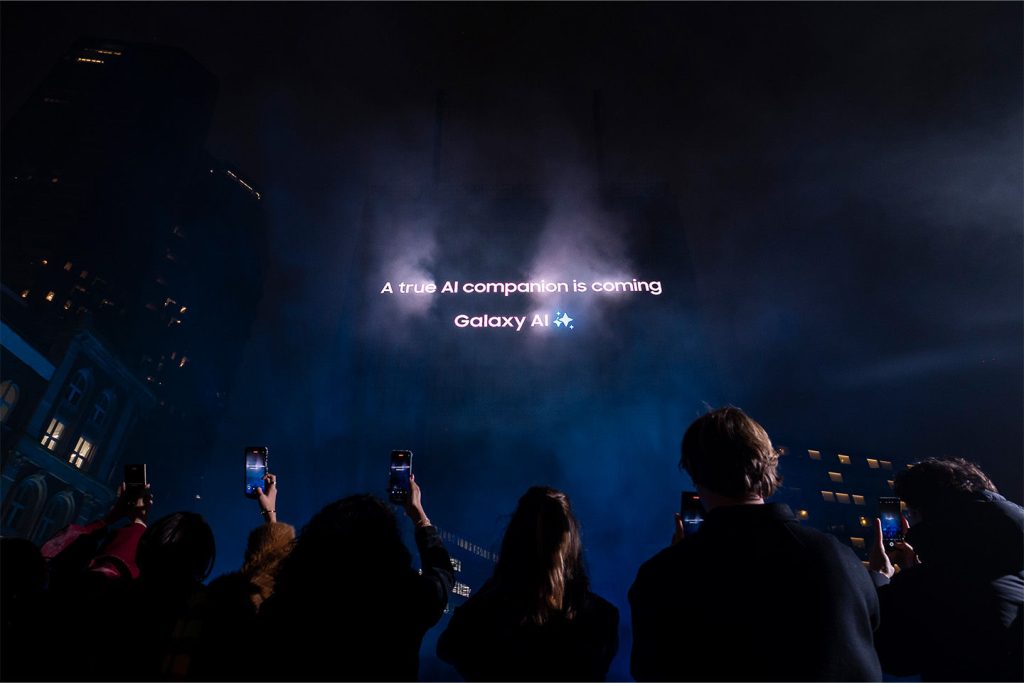
5 Views | 11 min | Published On: December 31, 2024 Last Updated: December 31, 2024
Let’s face it: mobile app development is a big step for any entrepreneur looking to stand out in the digital space. But there’s one question everyone asks: how long does an app take to make? Well, the truth is, it’s not a simple process. To build a successful app that works smoothly, you’ll need to consider several factors that affect how long the app development takes.
When you’re investing so much into your dream app, it’s important to focus on every little detail. This means looking at the features and functionalities, choosing the right tech stack and frameworks, understanding the app’s overall scope, and other factors that directly influence the mobile app development time.
But here’s the good news — there are faster ways to get started! You can build an MVP (Minimum Viable Product), go for cross-platform development, or use white-label clone apps to launch your startup much sooner.
In this blog, we’ll break down the key factors that influence app development time. We’ll also explore the major stages of the process, discuss what can slow things down, and share tips to speed up your app development timeline.
So, get started!
How Long Does it Take to Make an App Based on Complexity?
The time for mobile app development generally ranges from 3 to 8 months. Below we have given the app development timeline based on the app’s complexity. Let’s see:

1. Simple App Development
Creating a basic app with limited features usually takes around 1 to 3 months. You can think of something like a utility app with one main purpose or an app that just provides basic information. These kinds of apps don’t need complex backend systems or advanced features, and their design is straightforward and easy to build.

2. Average App Development
Mid-level apps usually take 4 to 6 months to develop. These apps involve moderate functionality, including complex user interfaces and backend integrations like user authentication or payment gateways. For example, a spa and salon booking app with core functionalities.

However, additional features can further extend the timeline. The need for seamless performance and smooth integrations makes development more time-consuming compared to simpler apps.
3. Complex App Development
Building a complex app, like a marketplace platform, a game, or enterprise-level software, can take anywhere from eight months to a year—or even longer. These apps often require advanced features such as AI, augmented reality, or intricate backend systems. They also involve detailed user interfaces and seamless integration with third-party services, making the development process more time-consuming.

As a leading mobile app development company, we have a proven track record of delivering a wide range of app solutions. This includes over 50 on-demand apps, 25 healthcare apps, and 30 custom eCommerce apps. Our portfolio showcases the quality and standards we bring to every project. Feel free to explore it for a closer look at our expertise.
How Long Does an App Takes to Make Based on Types?
The time required to develop an app largely depends on its type and complexity. For a detailed breakdown, check out the table below, where we highlight different app types and their estimated development timelines based on complexity and features.
If you have any other app development ideas in mind and want to know how much time it takes to develop an app then you can reach out to us and share the details. We sign a Non-disclosure agreement so that your idea remains confidential.
App Development Timeline During Various Stages Process
The mobile app development process is typically divided into different key stages, each playing a crucial role in delivering a successful app. Understanding this breakdown will help you plan your app’s timeline more efficiently and set realistic expectations.

-
How Long Does It Take to Do Market Research for an App?
The first stage of app development is market research, which helps you craft a unique strategy and target the right audience effectively. This phase ensures you understand user needs, competition, and trends to position your app for success. For a clearer understanding, refer to the table below for a detailed breakdown along with estimated timelines.

Market research also includes several sub-categories, such as competitor analysis, target audience identification, and feature prioritization.
-
How Much Time Does It Take to Prototype an App?
Prototyping an app typically takes 2 to 4 weeks, depending on its complexity and features. After finalizing the strategy and requirements, the Business Analyst (BA) team creates wireframes to visualize the app’s structure and flow. These wireframes help you understand how users will interact with the app’s features.

Once the wireframe is approved, the team develops a prototype. It is a clickable model that lets you test the concept and user experience before moving forward with full-scale development.
-
How Much Time Does It Take to Design an App?
The design stage is often the most unpredictable part of app development due to its iterative nature. Designers frequently revisit and revise their work to align with your expectations, which can extend the timeline. For a simple app with basic features, the design process can take 2 to 4 weeks.
To streamline the design process and save time, adopting good design practices is essential. Clear communication, defining requirements early, and leveraging tools like UI kits or design systems can help reduce back-and-forth and create a smoother workflow.
-
How Long Does it Take to Code an App?
The design stage often takes the most time, requiring careful attention to detail and collaboration. Once the designs are finalized, mobile app developers can start coding the application.

The coding phase is typically divided into three sub-categories, each with its own estimated timeline:
1. Frontend Development: This involves creating the user interface and ensuring the app looks and feels as designed.
-Frontend logic
-Caching
-Synchronization
-Wireframing
-UI Design
-Ul development
2. Backend Development: This part handles the app’s server, database, and logic.
-Data storage
-Users management
-Server-side logic
-Data Integration
-Versioning
3. API Integration: This stage connects the front end and back end or integrates third-party services. By breaking down the process, it becomes easier to estimate and manage the time needed for app development.

-
How Long Does It Take to Test an App?
After the app is developed, the QA team steps in to thoroughly test its features and ensure it operates smoothly and is free of bugs. This stage involves both manual and automated testing to evaluate the app’s code, usability, security, and functionality.

By addressing any issues during this phase, the QA team ensures the app is launch-ready and delivers a flawless user experience upon release. This critical step guarantees that your app meets the highest standards before it goes live.
-
How Long Does It Take to Launch an App?
The release of an app typically involves two main stages: alpha and beta. The alpha release is an early pre-launch version tested internally by the quality assurance team within the organization to identify and fix major issues.

The beta release, on the other hand, is the final stage before the official launch. This version is shared with a limited audience or made available on app stores to gather user feedback and address any last-minute issues. A clear understanding of these stages helps streamline the launch process and ensures a smoother rollout.
Also Read: A Guide for Dedicated Post-Launch App Development
6 Factors Affecting App Development Time
The time it takes to develop an app can vary widely depending on several factors. Here are some of the key ones:

1. Complexity of the App
The complexity of an app depends on how advanced and technically detailed it is. Apps with basic features and simple functionality are quicker to develop, while more complex apps take longer because they involve advanced features and integrations.
A complex app often needs to connect with multiple systems, databases, or third-party services,
which adds extra time and effort to make sure everything works smoothly. It may also include intricate designs or advanced features that require more coding, testing, and fine-tuning.
2. Design and User Experience (UX)
UI/UX are key factors that significantly impact app development time, especially for iOS apps. App design includes visual elements, layout, and overall appeal, while UX focuses on how intuitive and seamless the app feels for users. Together, they shape the app’s success, requiring careful planning and execution.
The design process often takes 2-3 months, depending on complexity. Simple designs using UI kits for basic screens save time and costs, while intricate designs with detailed wireframes and prototypes take longer. Here, implementing processes like Lean UX can help streamline and stabilize design timelines.
3. iOS or Android: Platform Selection
The time required for app development depends on whether you’re building for iOS, Android, or both. Developing for a single platform, like iOS or Android, is faster because it involves writing code for just one environment—Swift for iOS or Kotlin/Java for Android. On the other hand, creating apps for both platforms means managing two separate codebases, which can significantly extend development time.
To speed up the process, cross-platform frameworks like Flutter, React Native, and Kotlin Multiplatform are gaining popularity. These tools allow developers to build apps that work on both platforms with a single codebase, saving time and resources. When choosing between platforms, consider your target audience and market share to prioritize effectively.
4. Features and Functionality
The time required to integrate features and functionality into an app depends on the complexity and number of features. Basic features, like user registration, navigation, or push notifications, typically take 2 to 4 weeks to implement. However, moderate features, such as payment gateways, real-time messaging, or social media integration, can take 1 to 2 months.

For advanced features like AI chatbots, augmented reality (AR), or IoT connectivity, the timeline may extend to 3 months or more. Careful planning is essential to ensure seamless integration without compromising the app’s performance or user experience.
5. Development Team
The size, location, and expertise of your mobile app development team play an important role in finalizing the development timeline. Before you choose a mobile app development company make sure to look for the following things:
-Client Reviews
-Location of the Development Company
-Expertise with Latest Technologies
A proper team of project managers, developers, testers, and quality analysts will deliver your project on time. More importantly, an organized team keeps you in the loop and updated at every stage of the development.
What Slows Down the App Development Process?
Developing a mobile app is a process where different experts play their part to make one final product. However, sometimes app development companies fail to deliver the app on deadline. Here are the reasons why:

1. Mid-Project Changes
As we all know building an application or software is an ongoing process. If a client comes up with a sudden change in requirements then it eventually shows down the entire process. However, this decreases the overall performance because too many changes in the already built code-base hamper the user experience of the app.
2. Inexperienced Developers
Building a successful app requires more than just a great idea—it also demands a proper budget and the right developer. One common mistake businesses, especially startups, make is hiring developers without the necessary expertise and experience. This often leads to delays in the development process and subpar results.
Our team of seasoned app developers excels at creating high-performing apps tailored to your needs. We work closely with our clients to turn their app ideas into reality. You can hire a developer now for the best possible outcomes for their business success.
3. Complex Technologies
In app development, technical challenges often arise that can slow down project progress. These may include complex requirements, integrating third-party systems, ensuring scalability, or working with outdated legacy code. Addressing these challenges requires additional research, rigorous testing, and modifications to achieve the desired functionality and performance.
Complex technical requirements demand a deep understanding of the problem and innovative solutions. This can involve developing intricate algorithms, designing robust architectures, or implementing complex data structures, often extending the development timeline.
4. Industry-Wise Difference
In the app development timeline, the importance of the industry for which the app is being developed is also important. If you are going for a simple app like a calculator the timeline will be 1-2 months. On the other hand, an e-commerce app like Shein takes 6 or more months to develop based on the requirements.
Now, let’s see how we can cut short the time of app development with smart methods that top mobile app development company uses to deliver apps.
How to Speed Up The Time of Application Development?
Who doesn’t want an app in time or before the deadline? However, not all app development services can be efficient in delivering your app on time. Now we have seen how long does it take to make an app and the factors affecting the app development timeline. It’s time to see the smart ways to speed up the time of app development:

1. MVPs and Prototyping
MVPs (Minimum Viable Products) or prototypes are excellent ways to accelerate app development timelines. They are quick to build and provide a functional version of the app that reflects the core idea. By launching an MVP, businesses can gather user feedback and iteratively add features or improvements.
Successful companies like Airbnb and Zomato started as MVPs, validating their concepts and gradually evolving into full-fledged applications. This approach minimizes risks, saves time, and helps prioritize features based on real user needs.
2. Go for Cross-Platform
The debate between Android and iOS is a never-ending one, leaving many unsure about which platform to choose. Both platforms have relatively high timelines and development costs, making the decision even harder.
A practical solution to this dilemma is cross-platform app development. Tools like Xamarin and PhoneGap allow developers to create apps that work seamlessly on both platforms, significantly reducing development time and cost. This approach ensures a wider reach without the need for separate codebases.
3. Hire a Professional Developer
Yes, you can hire an app developer from a mobile app development company which is a smart choice for several reasons. Firstly, expert developers ensure your app features an attractive and user-friendly UI/UX design, essential for drawing in and retaining users. Their expertise and experience streamline the development process which reduces the overall time and effort required.
Additionally, outsourcing to an offshore app development company gives you access to a skilled team while simplifying your workload. At Apptunix, we have a proven track record of building successful client apps. Our experts have built an AI solution: Developer’sAI, a platform that streamlines app development by cutting down the development timeline by 10X.
4. Agile development
Believe it or not, top tech companies in UAE adopt agile development to accelerate the app creation process. Agile’s primary goal is to provide flexibility, adaptability, and a faster time to market.
This approach features a dynamic programming structure, enabling open and seamless communication between app owners and developers. By fostering collaboration and iterative progress, agile development ensures that the mobile app meets deadlines without compromising quality.
5. White-Label App Development
White-label solutions enable businesses to expand their offerings without shifting focus from their core strengths. By collaborating with a white-label provider, companies can rapidly introduce new products or services under their own brand while leveraging the provider’s established infrastructure and expertise.
This strategy ensures faster market entry and allows businesses to meet customer needs efficiently while delivering a complete and professional solution.
Leverage Apptunix Services For Successful Mobile App Development
With a staggering 8 billion mobile users across the globe, the demand for cutting-edge app development has reached new heights. At Apptunix, we are committed to delivering exceptional client satisfaction by combining our dedication with top-notch quality. As leaders in the industry, we provide custom mobile app development services that cover every stage of the process, from strategic consulting to complete full-stack development.
You ask for it, we have it!
With technology constantly evolving, we stay ahead by incorporating the latest innovations like AI in mobile apps and blockchain into our app development process. Our team of highly skilled developers brings extensive experience, creativity, and a passion for pushing boundaries.
Our goal is to transform your ideas into groundbreaking mobile applications that keep you ahead of the competition. So if you have an app idea and you genuinely believe it then contact us and we will take care of the rest.

Frequently Asked Questions(FAQs)
Q 1.How Long Does It Take to Build an Android App?
The time required to build an Android app depends on the complexity of the project. A simple app with basic features can take 2-4 months, while a more advanced app with custom designs, integrations, or AI features might take 6-12 months or longer. Factors such as app design, testing, and development team expertise also influence the timeline.
Q 2.How Long Does It Take to Build an iOS App?
Building an iOS app follows a similar timeline to Android. A straightforward app can take around 2-4 months, whereas more complex projects with advanced features, animations, or AR/VR capabilities may require 6-12 months. The process includes planning, designing, coding, testing, and deployment on the App Store.
Don’t worry, Being a top iOS app development company, we will help you develop, launch, and promote your iOS application.
Q 3.How many app developers do you need to make an app?
The number of developers required depends on the app’s complexity. For a simple app, a small team of 2-3 developers (frontend, backend, and possibly a designer) is often sufficient. For more complex apps, you may need a larger team, including:
-Frontend Developers for the user interface
-Backend Developers for server and database management
-QA Engineers for testing
-Project Managers to coordinate tasks
Typically, teams range from 3-8 members depending on the app’s scope.
Q 4.How to Make the App Development Timeline Short?
To shorten the app development timeline, consider these strategies:
-Define Clear Requirements: Having a detailed plan reduces back-and-forth revisions.
-Use Agile Development: Break the project into sprints to accelerate progress.
-Leverage Existing Solutions: Use pre-built frameworks, APIs, and libraries to save time.
-Hire Experienced Developers: Skilled professionals can work faster and more efficiently.
-Prioritize Features: Focus on an MVP (Minimum Viable Product) to launch quickly and add advanced features later.
Join 60,000+ Subscribers
Get the weekly updates on the newest brand stories, business models and technology right in your inbox.










